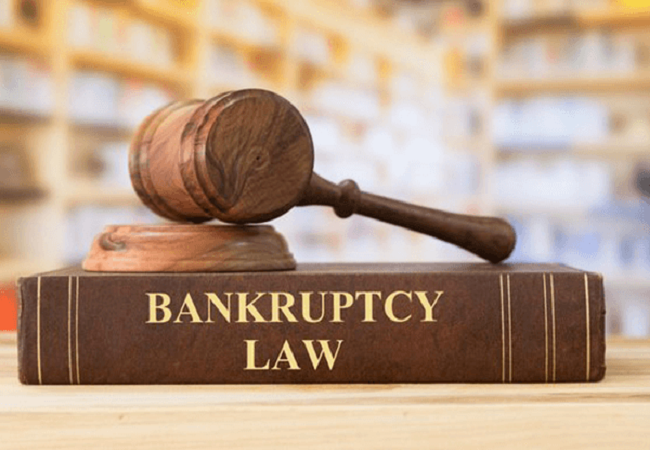Bankruptcy and Insolvency

Bankruptcy and Insolvency in the UAE
Business bankruptcy in the UAE came into force in December 2016. The law provides a legal framework to help distressed companies in the UAE avoid bankruptcy and liquidation through different mechanisms that include:
● Consensual out-of-court financial restructuring.
● Composition procedures.
● Potential to secure new loans under terms set by the law.
● Conversion to declaration of bankruptcy and liquidation of the debtor’s assets.
However, this law does not apply to natural individuals. The law aims to increase business stability and investors’ confidence in the UAE market.
This law applies to:
✔ Companies governed by the Commercial Companies Law.
✔ Companies that are not established under the Commercial Companies Law and are wholly or partly owned by the federal or local government, which are not governed by particular provisions regulating protective composition procedures, financial restructuring, and/or bankruptcy.
✔ Any individual who is a trader as defined in the Commercial Transactions Law (Available in Arabic only).
✔ Licensed civil companies carrying out professional activities.
The UAE Cabinet approved the Insolvency law to regulate the insolvency cases of natural persons. This law aims to enhance the competitiveness of the UAE by ensuring ease of doing business, creating favorable conditions for individuals facing financial difficulties, and protecting those who are unable to pay their debts because of bankruptcy.
The following are the main provisions of the law:
⮚ The law will support individuals who face existing or anticipated financial difficulties that make them unable to settle their debts.
⮚ The law will help individuals reschedule their debts and allow them to take new concessional loans.
⮚ The new law will protect the debtors from legal prosecution, decriminalize the financial obligations of the insolvent person, and let them work, be productive, and provide for their families.
⮚ The court will appoint experts to settle the financial obligations and debts. The expert will coordinate with the debtor and creditor to propose a plan to resolve the financial liabilities within three years.
⮚ The new law will enter into force in January 2020.
The law also contains special provisions that contribute to the swift completion of legal procedures and reduce the fees charged for rescheduling and restructuring debts to find a fair compromise for creditors and debtors.
The law not only contributes to enhancing the creditworthiness of the country for the long run and its future growth perspective but also enhances the competitiveness and strength of its economy. Thus ensuring an enabling environment that encourages entrepreneurship and provides favorable conditions for doing business.
The law, which complements existing financial law, will contribute to increased transparency in terms of civil debt repayment transactions and will ultimately strengthen the position of the UAE as an ideal hub for investment, where the rights of all parties are guaranteed.

